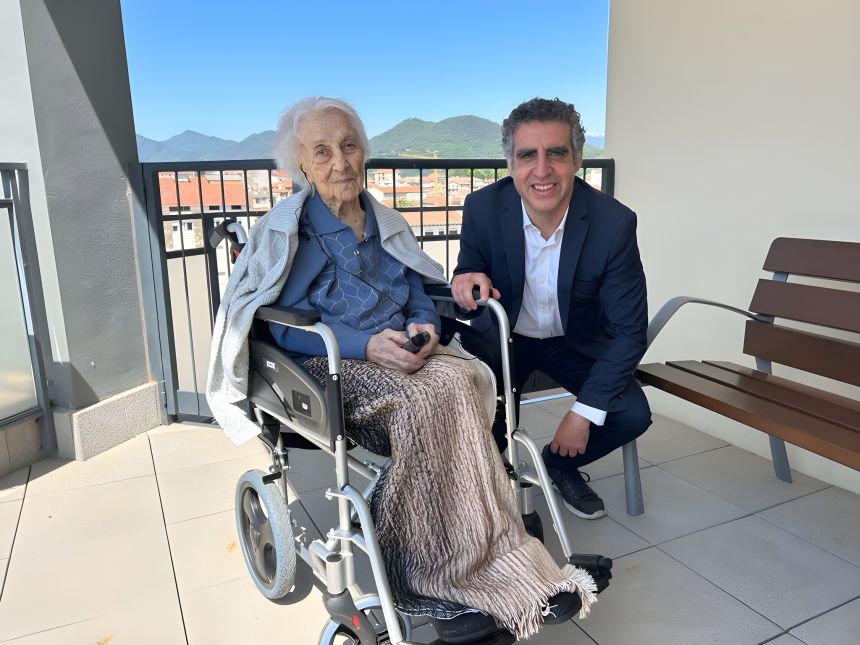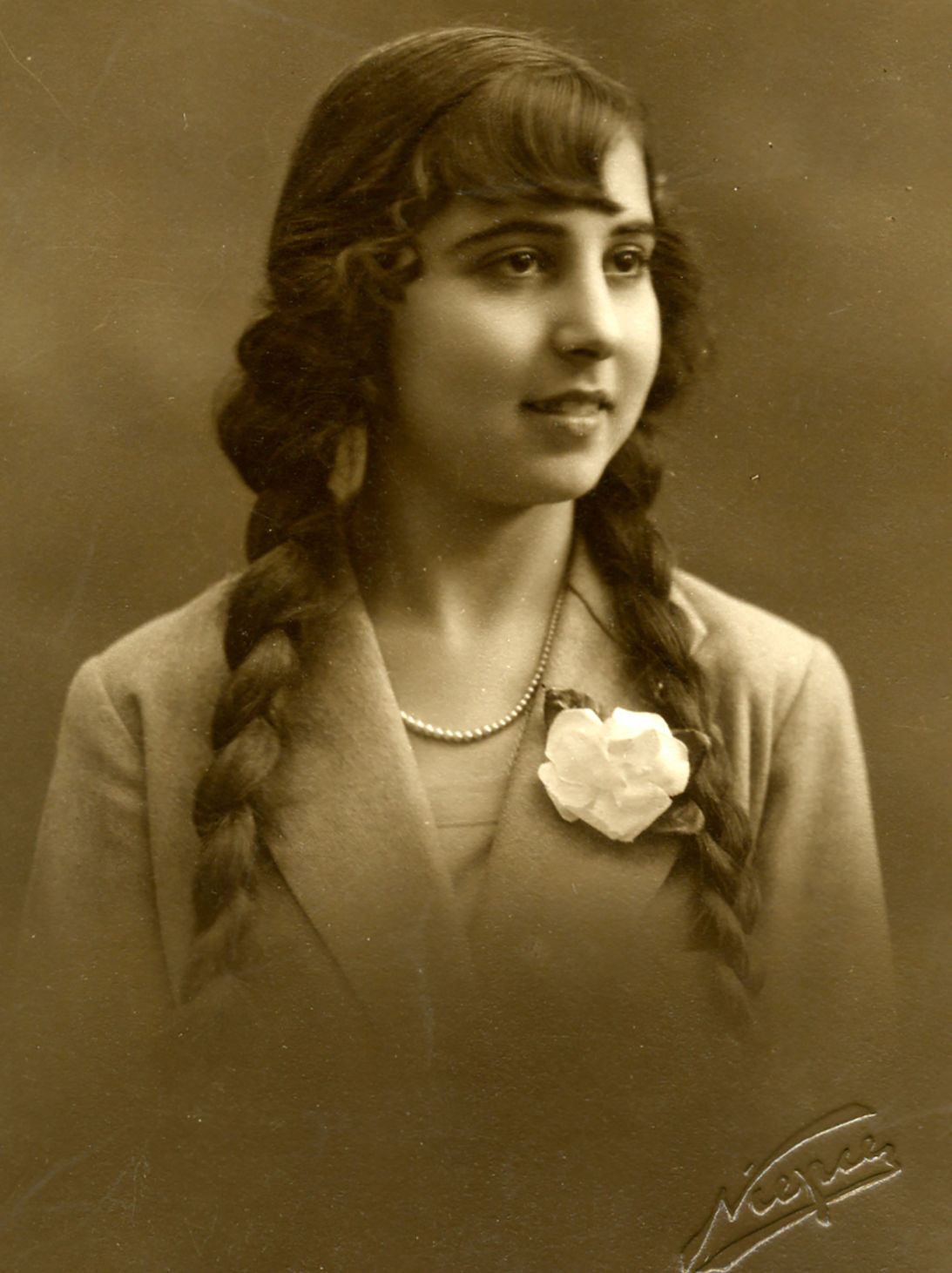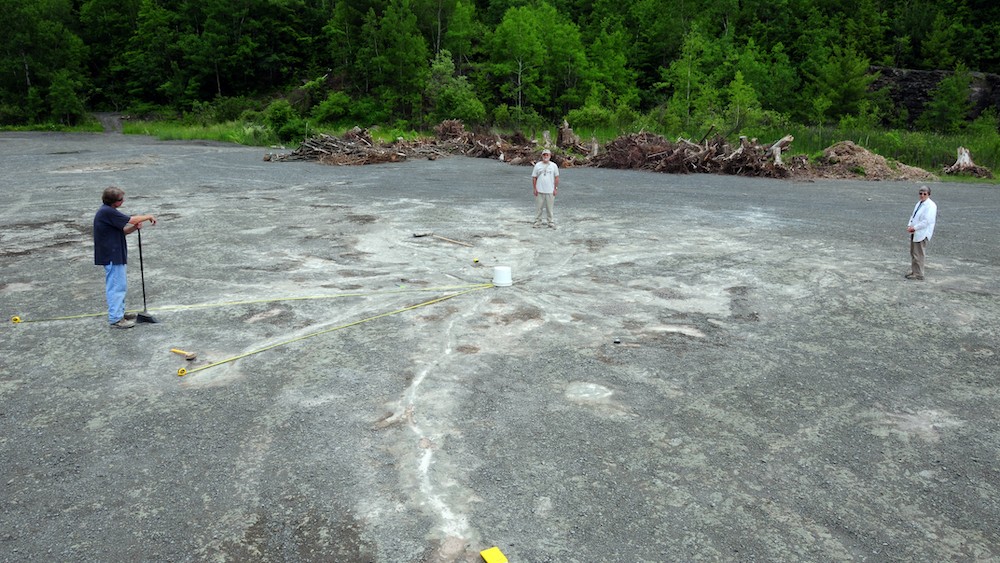When a supercentenarian, someone who is older than 110 years old, is interviewed, they are inevitably asked to share their tips for longevity.
But what if their secret could be studied scientifically? What could their genome tell us about ageing and why they avoid the diseases that claim so many other people? If any secrets were uncovered, might they, perhaps, help others to live as long, too?
Questions like these are at the heart of a recent paper, published Wednesday in the journal Cell Reports Medicine, which investigated the genome of Maria Branyas Morera, a US-born Spanish woman who died in August 2024 at age 117 years and 168 days, shortly after becoming the world’s oldest living person.
“She was a very generous person, trying to help, so it was great to work with her,” Dr. Manel Esteller, a researcher at the Josep Carreras Leukaemia Research Institute in Barcelona, Spain, who co-authored the study, told CNN.

Esteller and the research team took samples from Branyas’ blood, saliva, urine and stool before examining her genome and comparing it with those belonging to 75 other Iberian women.
Overall, they concluded, Branyas lived so long because she both won the genetic lottery and lived a healthy lifestyle. She both possessed genes that guarded against common age-related diseases and followed a healthy lifestyle and diet.
“She was a lucky person from the start, and she got an extra plus through her life,” said Esteller, attributing about half of Branyas’ longevity to her genetics and about half to her lifestyle.
“She never smoked, she never drank alcohol, she liked to work until she could (not) … She lived in the countryside, she did moderated exercise (mostly walking one hour a day) … She had a diet that included olive oil, Mediterranean style and, in her case, yogurt,” he told CNN.
If there were one slightly unusual thing about Branyas’ lifestyle, it might be her consumption of yogurt, as she ate three servings a day.
Researchers hypothesized that, along with the rest of her diet, this habit kept her gut microbiome resembling that of a much younger person and reduced her levels of inflammation.

Still, Branyas’ love of yoghurt didn’t necessarily caused her “overall fitness” and her gut microbiome is “probably reflecting she’s actually a very good host to all those microbes because of all the other factors that are good about her body,” said Claire Steves, a professor of aging at King’s College London, who wasn’t involved in the study.
Aside from eating lots of yogurt, Branyas possessed various variations of genes that helped her age healthily. Some of those that the research team identified included a gene associated with immune function and cognitive retention, a gene that influences how efficiently the body metabolizes fats, and another gene associated with aging brain health and heart disease.
“The level of detail in this paper is extraordinary,” Steves told CNN.
“They have gone very deep and managed to assess a wide range of different biological aging mechanisms … To my note, this is the first paper that’s every really done this in this detail,” she said, adding that future studies should see whether the findings are replicated in other supercentenarians.
Steves, like the researchers themselves, cautioned against drawing broad conclusions from this study, which focuses on just one person, since the aging process is different for everyone.
“When you’re only looking at one person, you can’t be sure whether or not what you’re seeing is because of just fluke, you can’t be sure that the relationship is really clear,” Steves said, though she added that focusing on one person can still offer some insights.
For example, by examining Branyas’ genome, the research team were able to illustrate that “extremely advanced age and poor health are not intrinsically linked,” as they said in their study.
“Ill-health in age is not inevitable. It comes about because of biological mechanisms … it’s something we can change,” said Steves, adding that the paper shows “it’s not going to be one single bullet, it’s got to be multiple different pathways.”
And by identifying the genes and proteins involved in healthy aging, Esteller hopes researchers can guide the development of drugs that can target these specific elements.
“Our aim should not necessarily be to all live to 117,” Steves added. “What we want to do is to try and squash the time when we’re unwell and suffering to as small as possible. And that’s what this lady seems to have done, as well as living to a long time.”
Get inspired by a weekly roundup on living well, made simple. Sign up for CNN’s Life, But Better newsletter for information and tools designed to improve your well-being.
Source link


